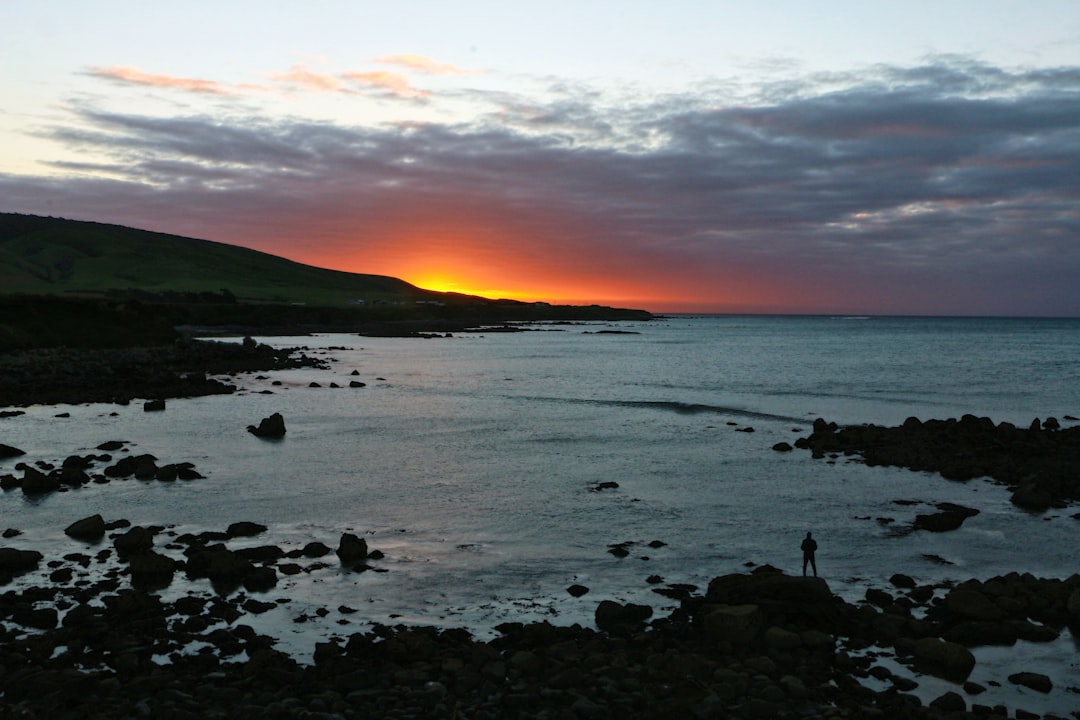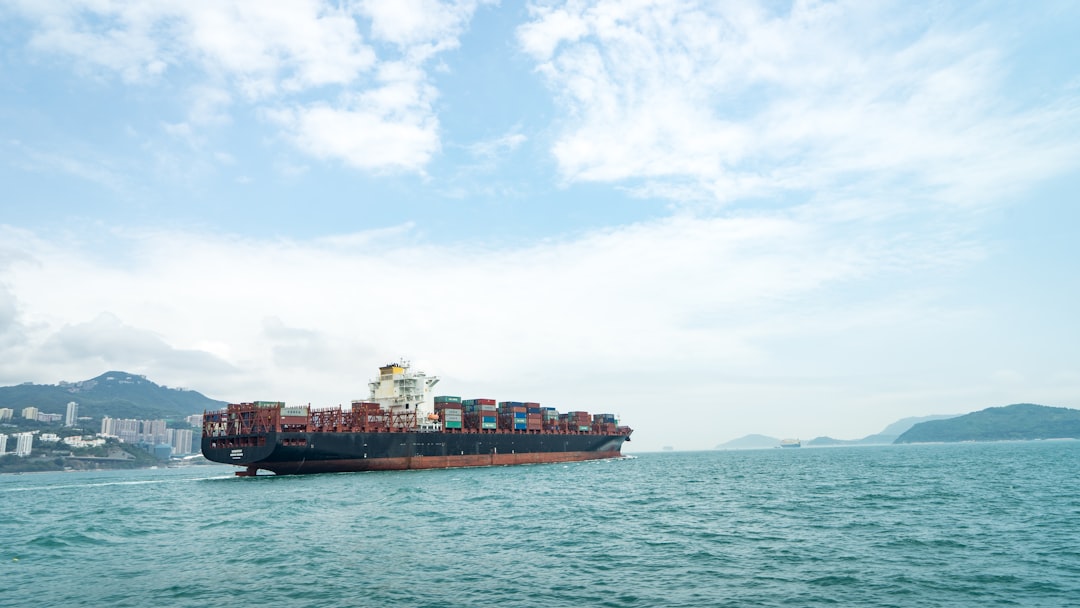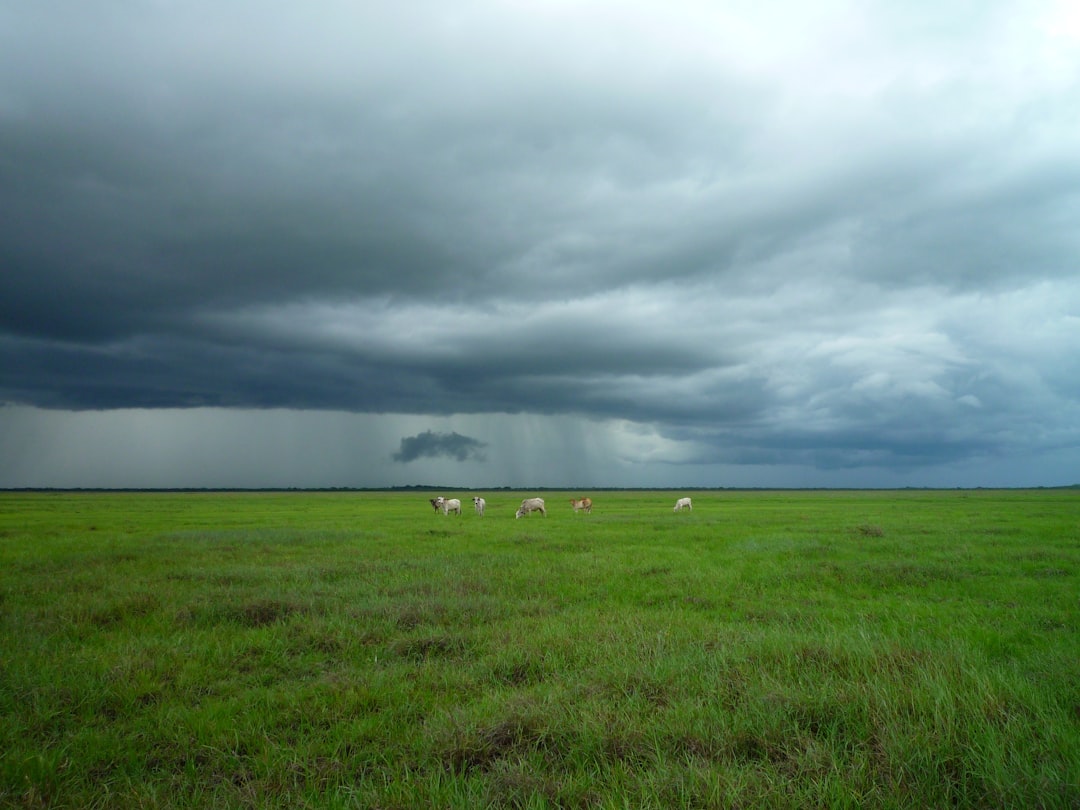What is it about?
The Arctic Environmental Responsibility Index (AERI) covers 120 oil, gas, and mining companies involved in resource extraction north of the Arctic Circle in Alaska, Canada, Greenland, Finland, Norway, Russia, and Sweden. Equinor, Total, Aker BP, ConocoPhillips, and BP are seen as the most environmentally responsible companies, whereas Dalmorneftegeophysica, Zarubejneft, ERIELL, First Ore-Mining Company, and Stroygaz Consulting are seen as the least environmentally responsible. Companies operating in Alaska have the highest average rank, whereas those operating in Russia have the lowest average rank. Larger companies tend to rank higher than smaller companies, state-controlled companies rank higher than privately controlled companies, and oil and gas companies higher than mining companies.
Featured Image

Photo by Albert Hyseni on Unsplash
Why is it important?
The Arctic holds many of the world's remaining natural resources, but it is also environmentally vulnerable. Since the Arctic is controlled by several different countries, it is difficult to agree on a unified set of environmental rules for research extraction. A ranking such as AERI can help bridge this gap, by shaming and faming companies whose Arctic operations are more and less environmentally friendly.
Perspectives
The creation of AERI demonstrates that SSRR is a low-cost way to overcome the challenge of indexing environmental performance and contributing to environmental governance across disparate industrial sectors and states with divergent environmental standards and legal and political systems.
Indra Overland
Norwegian Institute of International Affairs (NUPI)
Read the Original
This page is a summary of: The Arctic Environmental Responsibility Index
: A method to rank heterogenous extractive industry companies for governance purposes, Business Strategy and the Environment, March 2021, Wiley,
DOI: 10.1002/bse.2698.
You can read the full text:
Contributors
The following have contributed to this page










